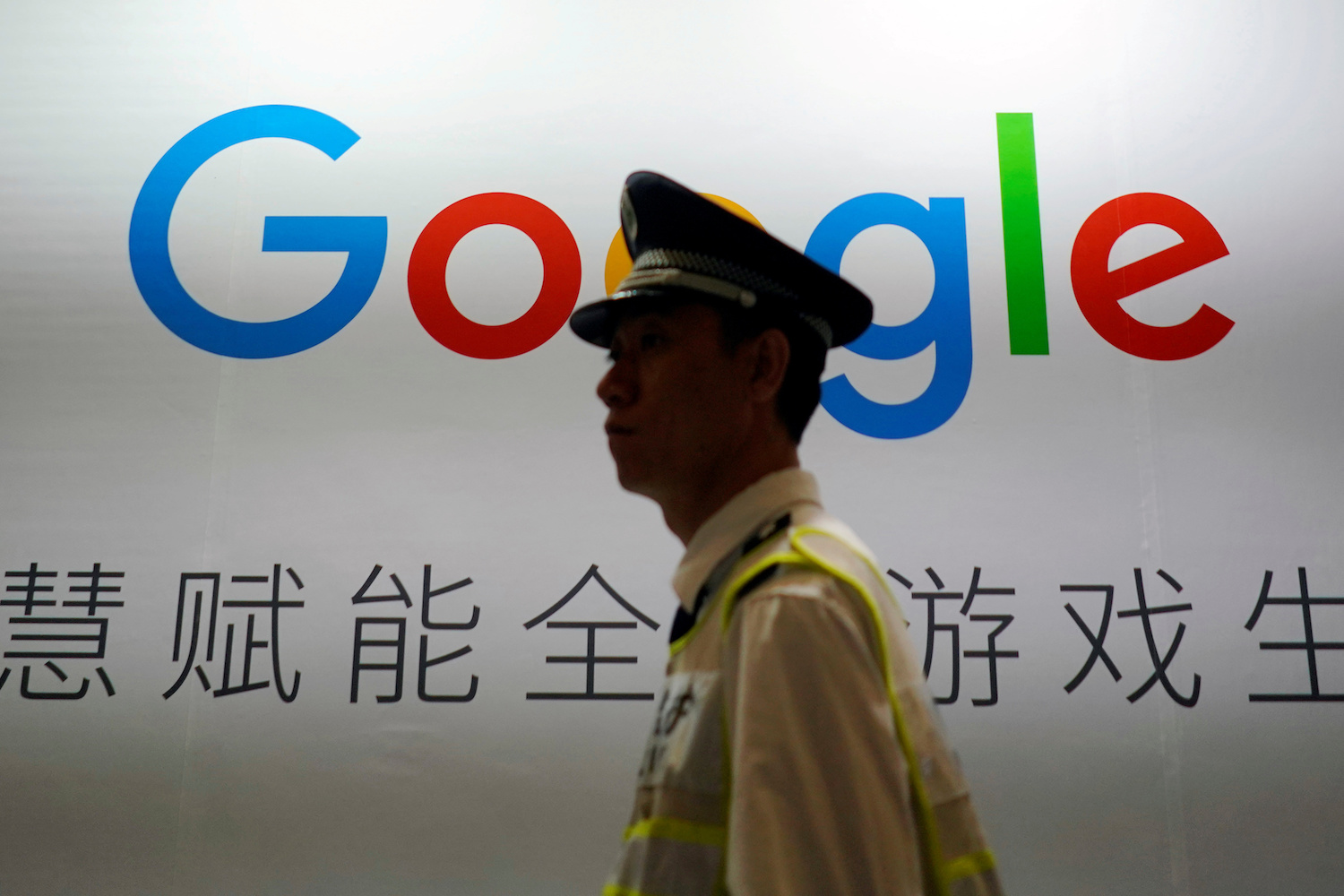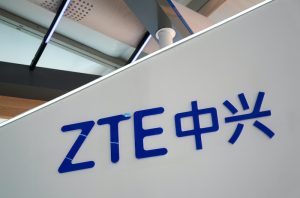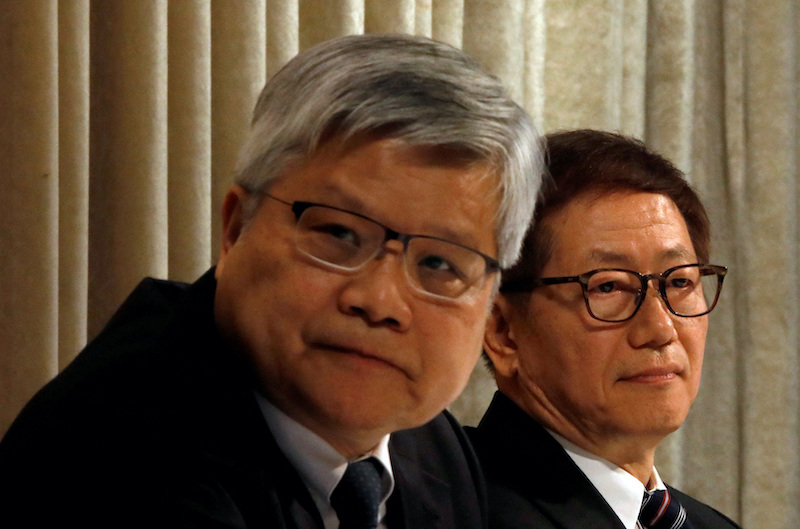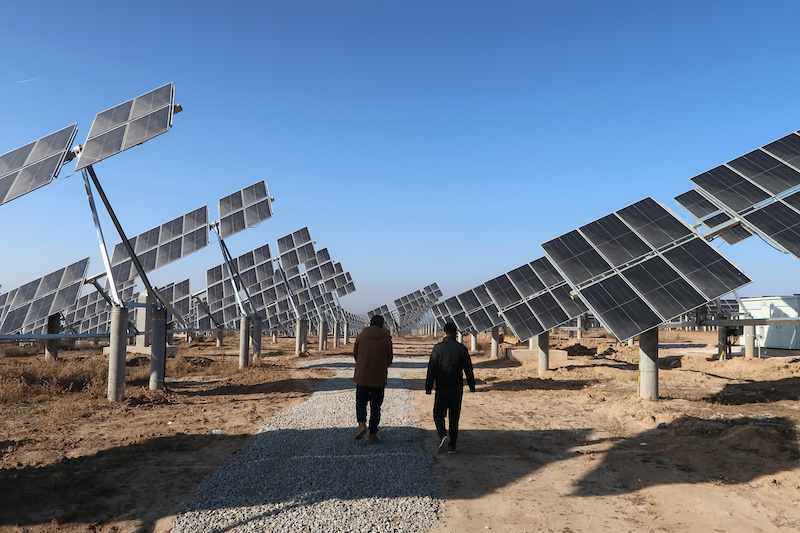A government committee led by President Xi Jinping said in mid-March that China would increase oversight of internet platforms to pace the digital economy’s quick development. The pledge follows fines, warnings and mandated service reductions aimed at major Chinese companies since November, when regulators mothballed fintech giant Ant Group’s $37 billion initial public offering.
China, though long known for throttling the internet, isn’t alone anymore in stepping up oversight. Its communist neighbour Vietnam has pushed back since 2019 against internet platforms, including foreign ones, that let users express political dissent. Elsewhere around the Asia Pacific, democratic Australia and India are making their own demands.
Regulators often want data and privacy protected and taxes paid on e-commerce transactions, said Rajiv Biswas, chief Asia Pacific economist with market research firm IHS Markit. Authoritarian states hope their political opponents won’t use the net to organise events or criticise the party in power.
Read more: Grounded Suez Canal ship puts automotive industry at risk
Countries worldwide, Biswas said, are “struggling with the increasing globalisation of information flows by technology giants”.
The global who’s-who of the internet, from Ant Group with 1 billion users to Silicon Valley-based Google, may resent the demands, but they’re expected to comply. They otherwise face punishments and loss of business in large, fast-growing Asia Pacific markets, analysts believe.
“The challenges and concerns will continue to grow, so it’s just going to get harder for them,” said Stuart Orr, School of Business head at Melbourne Institute of Technology. Countries with similar concerns, such as quelling dissent or making internet companies pay more into the economy, will learn from one another, Orr added. “If the Australian government cracks down on Google that might start to create a cascade effect,” he said.
Australian lawmakers last month approved the News Media Bargaining Code, a law that makes Google and Facebook pay for domestic news posted to their websites. Both companies opposed the legislation and Facebook even blocked news content in Australia.
AUSTRALIA LAWS
Facebook relented after holding talks with the government and persuading Australia to tweak the law, multiple news outlets report. Google worked ahead of the law’s passage to find what its Australia managing director calls a “constructive path to support journalism”. It will pay news publishers through its Google News Showcase system instead of requiring payment for links, Silva said in a statement.
Publishers can “curate their stories across Google services” and increase their revenue through regular payments from Google, he added in the statement.
In Beijing, state-run China Central Television says business-linked internet platforms violate consumer rights. It mentions a browser that posts “fake medical advertisements to influence user choices” and “mobile cleaning software alluring the elderly into a fraud trap”.
Underscoring the seriousness of China’s intent to crack down, Chinese e-commerce giant Alibaba, social media platform operator Tencent and the TikTok music sharing service’s owner ByteDance are looking for “dozens of legal and compliance professionals” amid antitrust and data privacy crackdowns, Reuters reported in February.
BLOCKED ACCESS
China has long blocked access to major foreign internet services, including Facebook and YouTube. It seldom goes after so many national players in such a short span.
“China is no friend to the corporations unless they’re Chinese, but China has made it clear they’re not going to make life easier for those corporations either,” said Sean Su, an independent tech analyst based in Taipei.
Vietnam has taken the strongest action among South-east Asian nations that have pushed back against major internet companies.
The country enacted its Cybersecurity Law in 2019 to make internet service providers including Facebook do some of the government’s surveillance against online dissent and phishing. The country with 68 million internet users followed up later with rules on when websites must remove illegal content. Foreign internet firms can be asked as well to store user data in Vietnam.
Facebook takes issue with parts of the Cybersecurity Law and it’s working with the Vietnamese government on differences over user data and content restrictions.
‘OPEN INTERNET’
“As Asia recovers from the Covid pandemic, it’s critical that these rules strengthen innovation and protect the benefits of a free and open internet for commerce and connection,” a Facebook spokesperson said for this report on March 24. “To get this right, governments must continue to constructively engage with industry on frameworks that can be adopted around the world.”
India’s technology ministry gave the likes of Facebook another cause for concern three weeks ago by announcing its Intermediary Liability Rules. The rules make service providers accountable for any illegal acts their users commit on their platforms. The idea is to make providers police their own users.
Indian officials have called out WhatsApp, YouTube, Facebook and Instagram because of their large number of users among the country’s 700 million people who are online. Facebook is in talks with the Indian government over the new rules.
VETTING USERS
Eventually internet firms will retool on their own to accommodate regulatory concerns worldwide, for example by vetting users who might spread terrorism or offend minors, Orr said.
But the vast global reach of internet firms will complicate enforcement of rules, Biswas said. In a country with an open internet, for example, users can still access the master website of a company facing legal troubles with localised services.
“Technology firms have the advantage of having global infrastructure and strong demand growth for their products,” Biswas said. “Moreover, such tech firms can switch operations to different locations relatively easily. Consequently, governments are likely to face an ongoing struggle with big tech companies in order to try to assert their local regulations.”























